Home>Ideas and Tips>When To Plant Bermuda Grass In Georgia: A Seasonal Guide
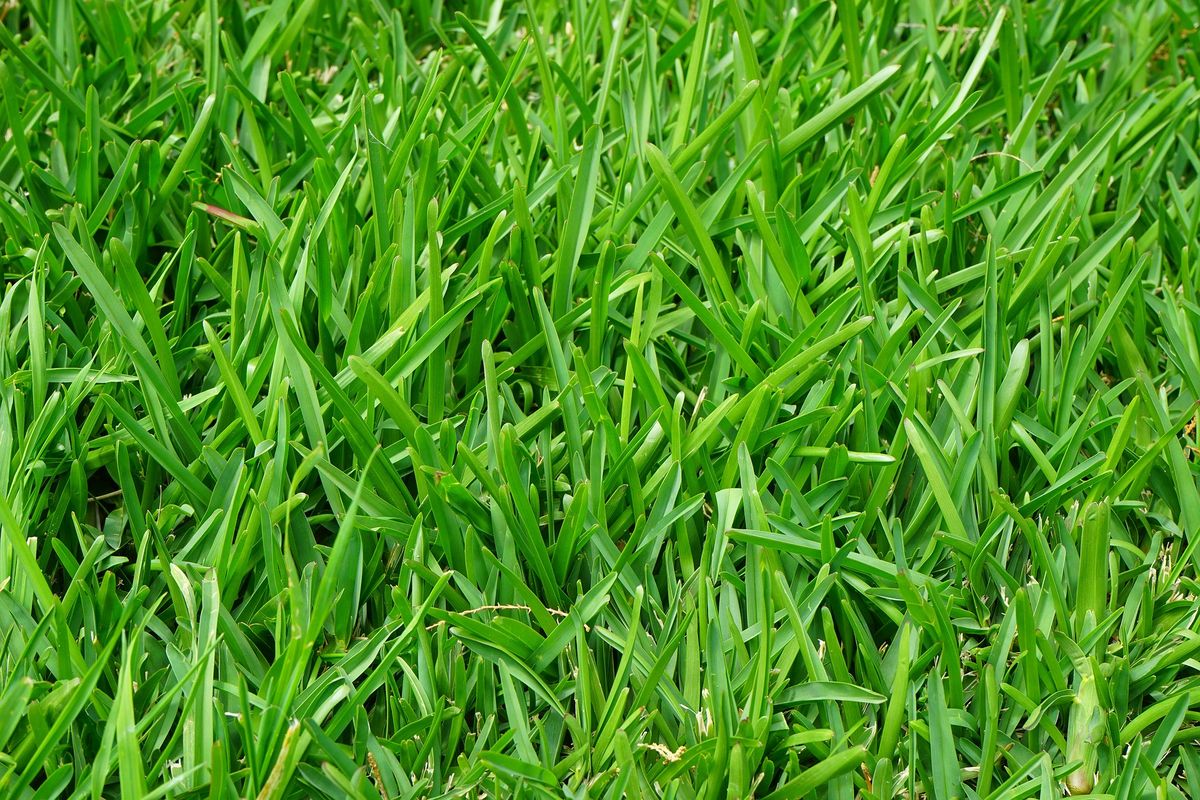

Ideas and Tips
When To Plant Bermuda Grass In Georgia: A Seasonal Guide
Modified: November 2, 2024
Learn the best time to plant Bermuda grass in Georgia for a lush lawn. Follow our seasonal guide for optimal growth and maintenance tips.
(Many of the links in this article redirect to a specific reviewed product. Your purchase of these products through affiliate links helps to generate commission for Storables.com, at no extra cost. Learn more)
Planting Bermuda grass in Georgia can be a game-changer for your lawn. The best time to plant Bermuda grass in Georgia is during late spring to early summer. This period, typically from late April to early June, provides the ideal conditions for Bermuda grass to germinate and establish itself. The soil temperatures are consistently above 65°F (18°C), which is perfect for seed germination. Plus, the weather during this time is generally favorable, with plenty of sunlight and moderate rainfall. Planting during this window reduces the risk of disease and ensures that your Bermuda grass gets off to a strong start.
Before you get your hands dirty, it's crucial to understand what makes Bermuda grass tick. This warm-season grass thrives in temperatures above 65°F (18°C) and is known for its drought resistance, disease tolerance, and ability to grow in various conditions. In Georgia, popular varieties include Tifway 419 and TifTuf, both of which are well-suited to the state's climate. These varieties offer different benefits, such as improved drought resistance or finer texture, so choose one that fits your needs.
Preparing the Soil
Getting the soil ready is half the battle. Here's how to do it:
- Clean Up the Soil: Remove debris, weeds, and rocks from the area. This gives your Bermuda grass a clean slate to grow.
- Soil Testing: Conduct a soil test to check pH levels and nutrient content. This helps you know what amendments are needed.
- Soil Conditioning: Based on your soil test, add necessary amendments like fertilizers or lime to create an ideal environment.
Read more: When To Plant Bermuda Grass In North Georgia
Timing is Everything
Planting Bermuda grass at the right time is crucial. Late spring to early summer is the sweet spot. Here's why:
- Soil Temperature: Warm soil speeds up germination, which usually happens within 7-21 days.
- Weather Conditions: Ample sunlight and moderate rainfall during this period create optimal conditions.
- Reduced Disease Risk: Cooler spring temperatures mean fewer fungal issues.
Steps for Planting Bermuda Grass Seed
Ready to plant? Follow these steps:
-
Selecting the Correct Bermuda Genotype
- Choose a variety that suits your environment. Consider factors like foot traffic and shade.
- Popular choices include Bermuda grass (Cynodon dactylon), Tifway 419, and TifTuf.
-
Preparing the Soil
- Clean up the area by removing weeds and rocks.
- Conduct a soil test to assess pH levels and nutrient content.
- Add necessary amendments based on your soil test.
-
Sowing Seeds
- Choose a sunny location.
- Distribute seeds evenly using a seed spreader or by hand.
- Cover the seeds lightly with soil and keep them moist until they germinate.
-
Post-Planting Care
- Water regularly and fertilize as needed.
- Mow properly, keeping the grass no higher than two inches.
- Ensure full sun exposure and aerate yearly.
Frequently Asked Questions
How Do You Germinate Bermuda Grass Seed?
To germinate Bermuda grass seed effectively:
- Ensure the ground is sunny and well-drained.
- Remove debris and test the soil.
- Distribute seeds evenly and cover lightly with soil.
- Keep the soil moist until germination.
- Water and fertilize regularly.
What Month Do You Plant Grass Seed in Georgia?
The best time to plant grass seed in Georgia is from April to June. This period ensures soil temperatures stay above 65°F (18°C), ideal for germination.
How Long Does It Take for Bermuda Seed to Sprout?
Bermuda grass seed usually germinates within 7-21 days, depending on soil preparation, seed quality, and environmental conditions.
Additional Tips for Planting Bermuda Sod
If you're considering Bermuda sod, here are some tips:
-
Best Time to Plant Bermuda Sod
- Late spring or early summer is ideal, from late April to early June.
- Warm temperatures and ample sunlight help the sod establish quickly.
-
Preparing the Ground
- Clear debris and weeds before laying sod.
- Water the ground before laying sod and keep it moist until the turf reaches 1.5 inches.
-
Post-Installation Care
- Ensure full sun exposure.
- Water regularly but avoid overwatering.
- Mow regularly, removing no more than 30% of the grass height.
Read more: When To Seed Bermuda Grass In Georgia
Avoiding Common Mistakes
Avoid these pitfalls:
-
Planting in Fall
- Fall planting can inhibit root growth due to colder temperatures. If unavoidable, use stolons or sprigs with at least six nodes.
-
Insufficient Moisture
- Ensure good moisture, especially during dry periods from May to July.
-
Inadequate Soil Preparation
- Proper soil preparation is crucial. Test pH levels and nutrient content to ensure good germination and growth.
By following these guidelines, you can create a lush, green lawn that thrives in Georgia's warm climate. Whether you choose to plant from seed or use sod, understanding when to plant Bermuda grass will help you achieve a beautiful, low-maintenance lawn.
Was this page helpful?
At Storables.com, we guarantee accurate and reliable information. Our content, validated by Expert Board Contributors, is crafted following stringent Editorial Policies. We're committed to providing you with well-researched, expert-backed insights for all your informational needs.

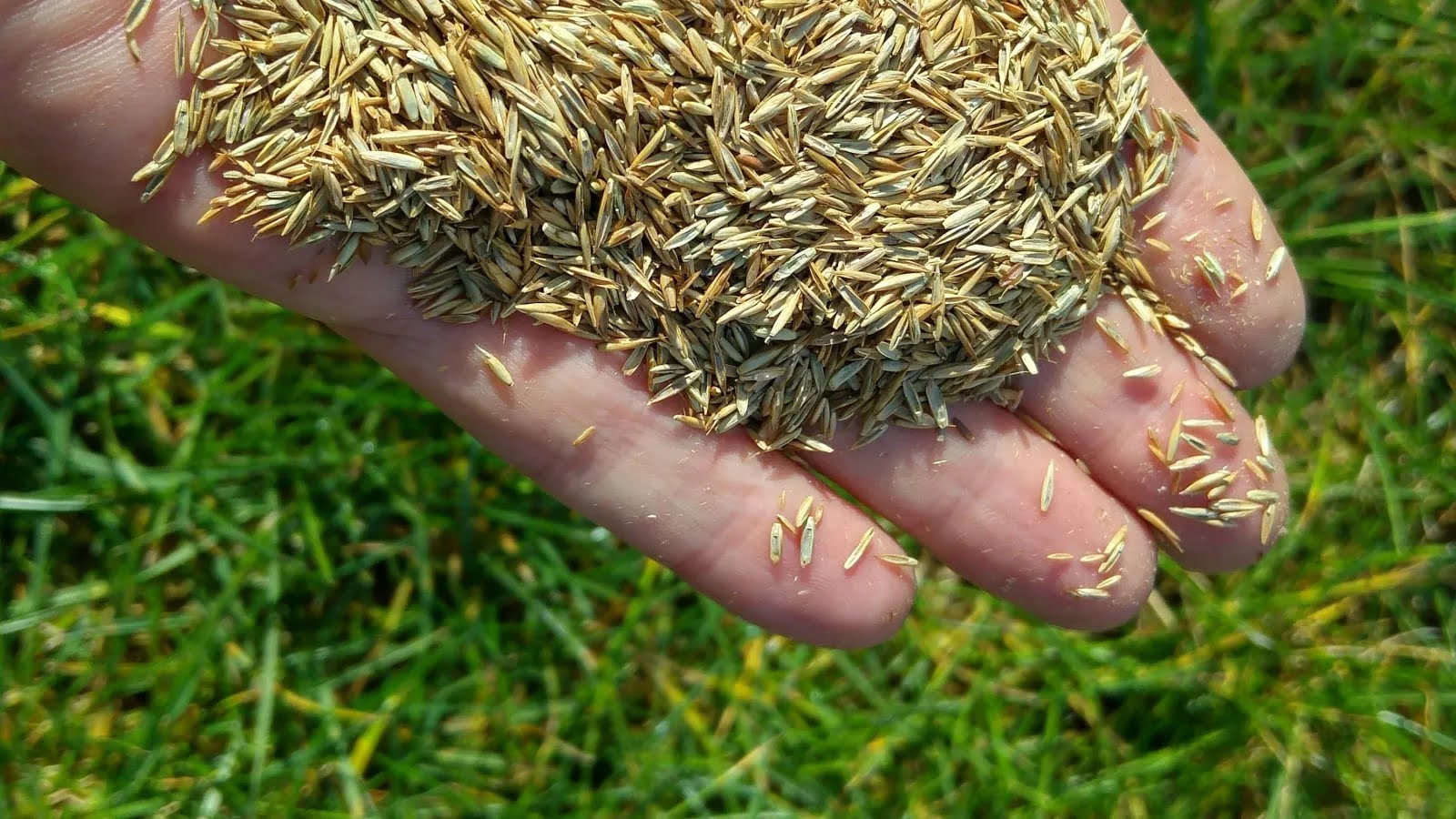
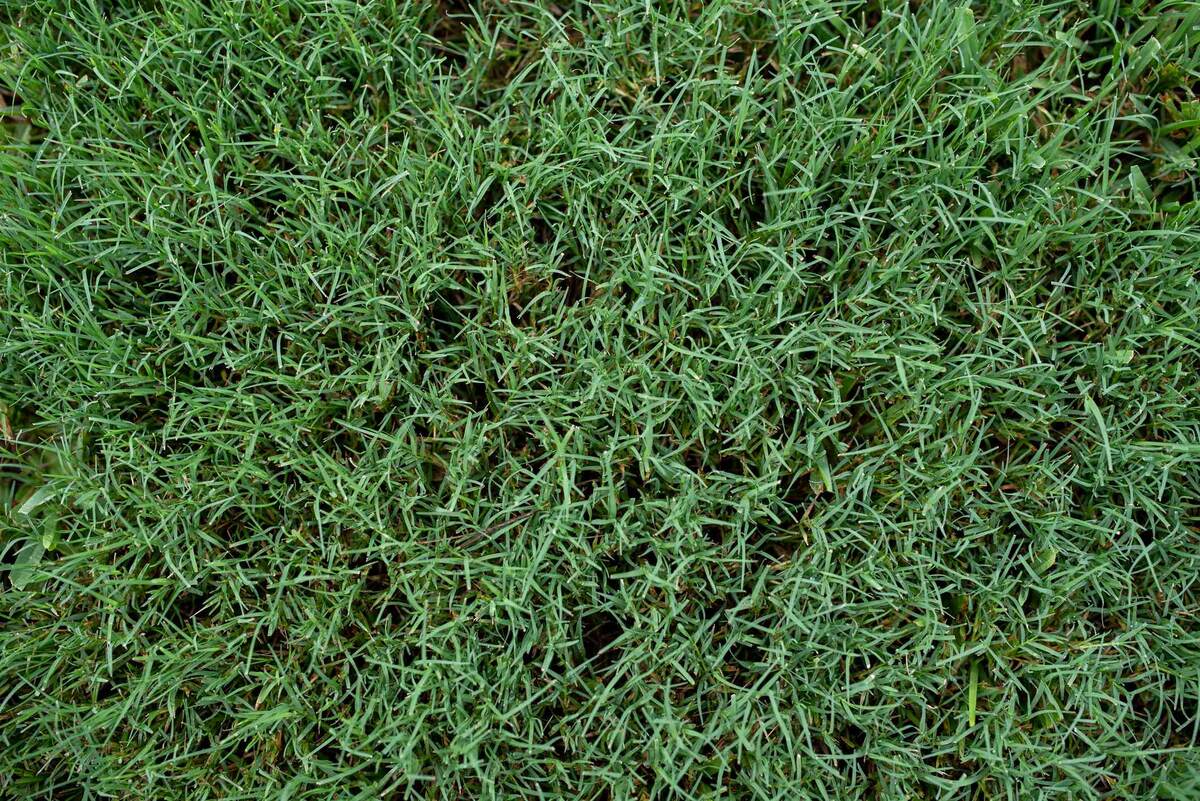
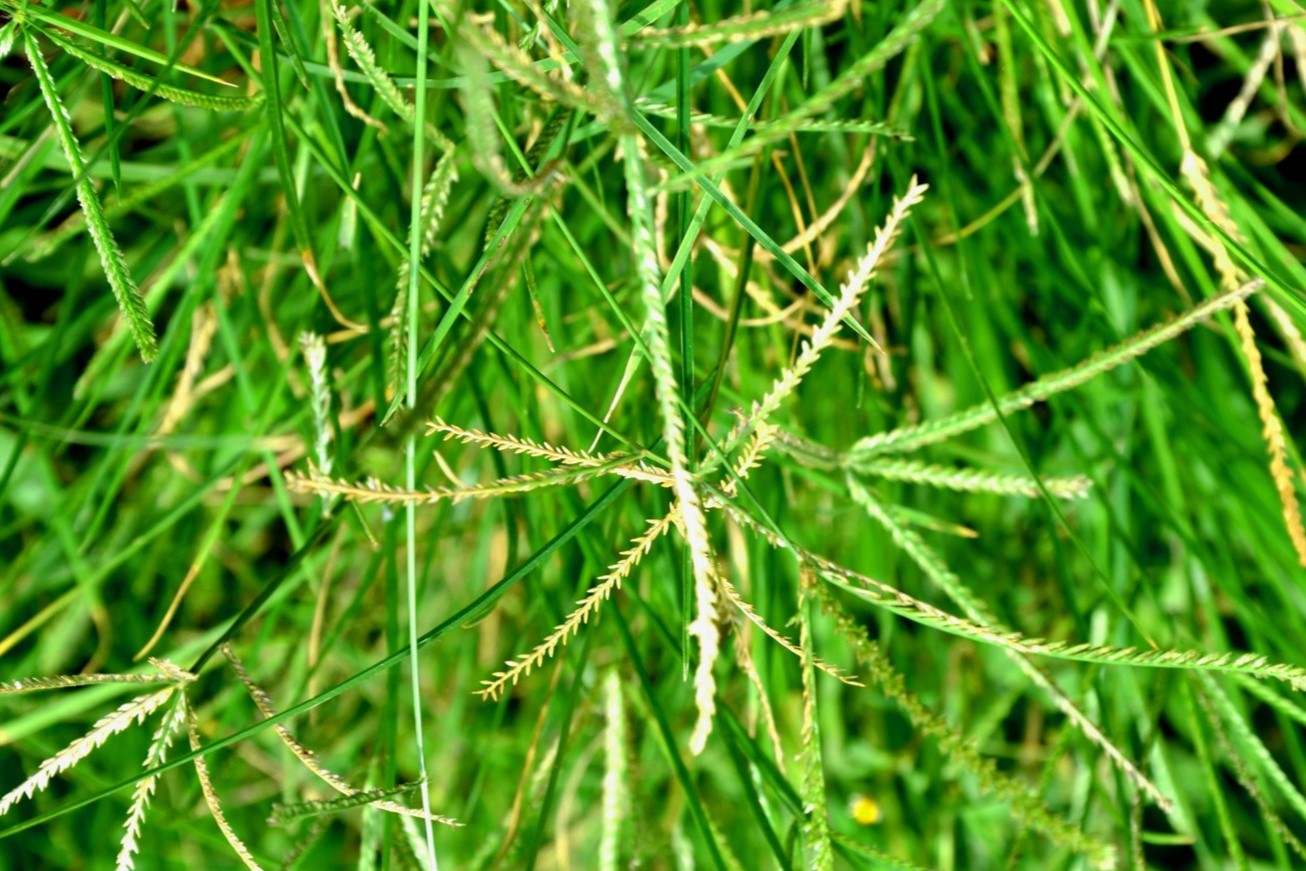
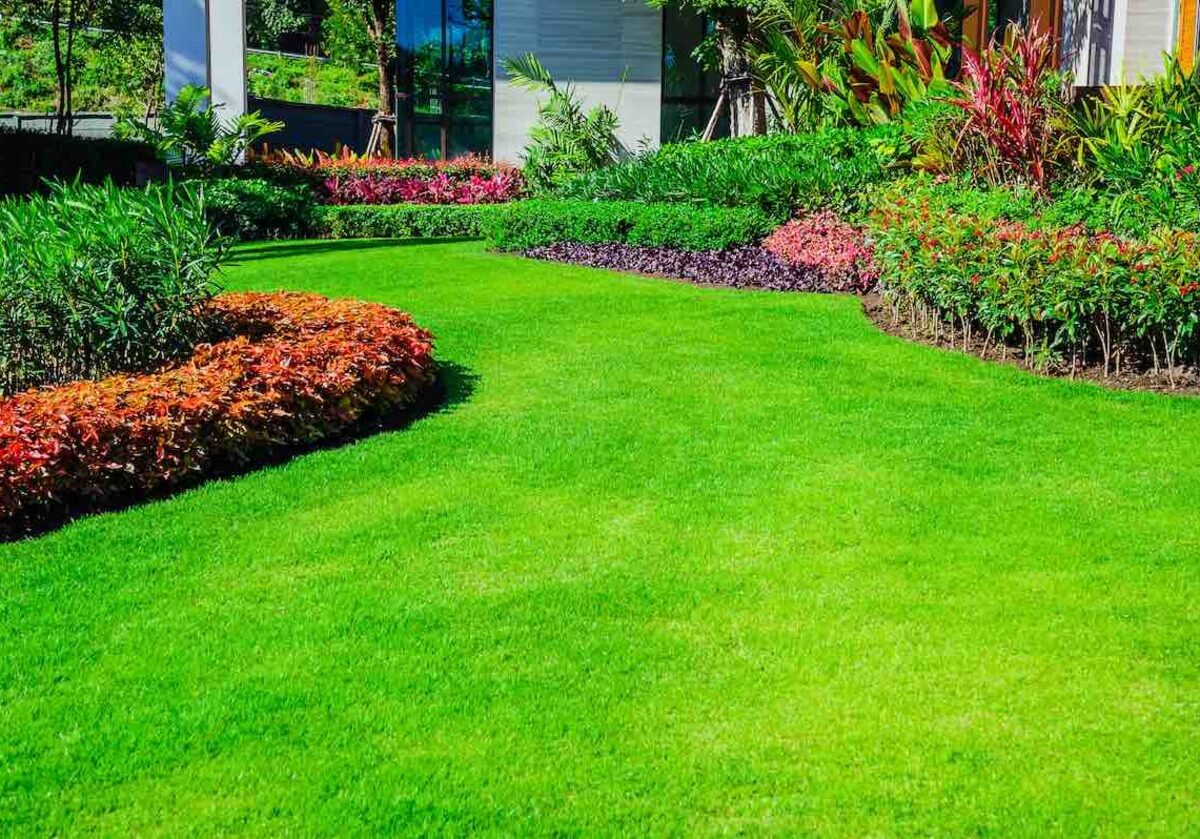
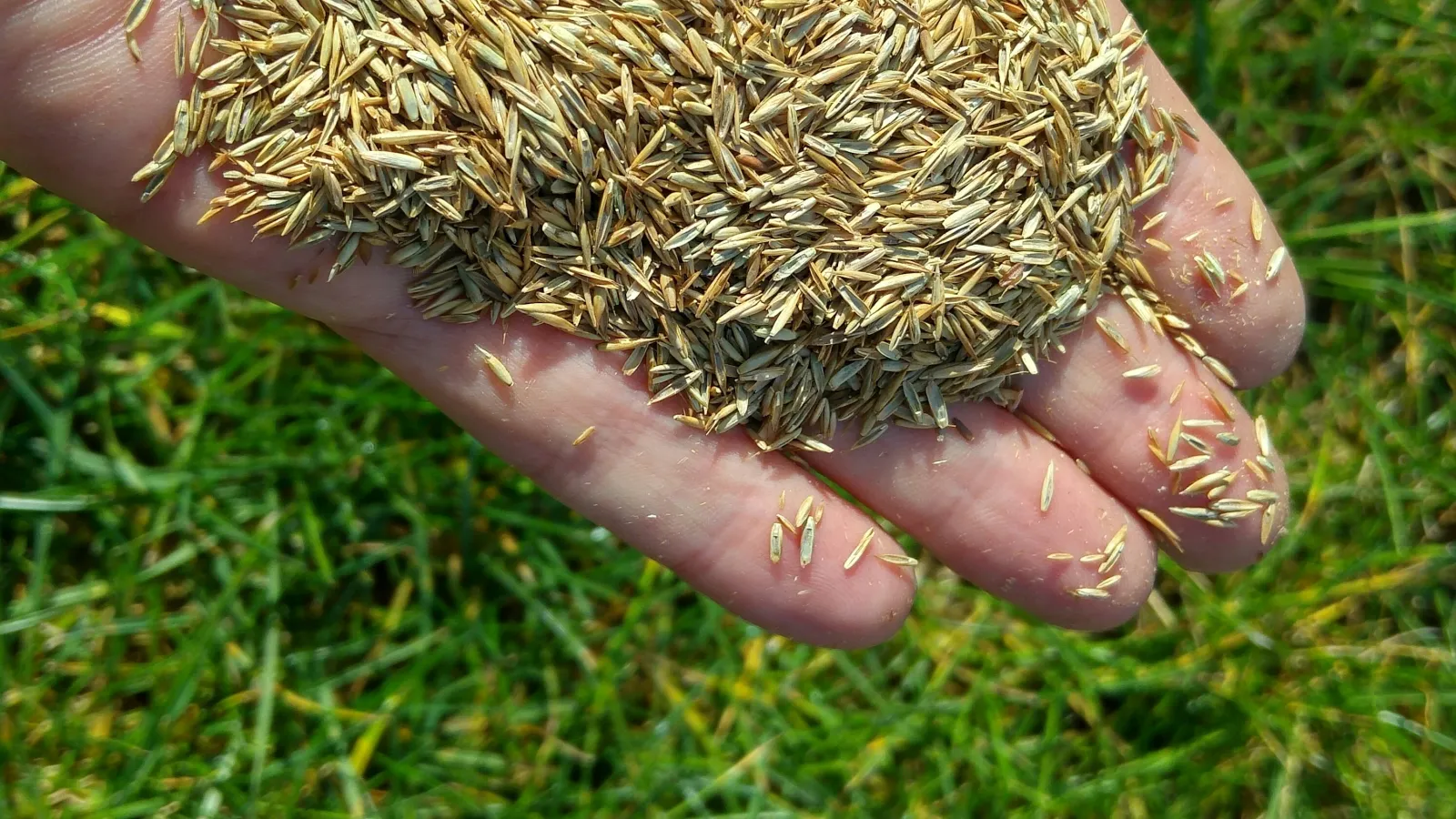
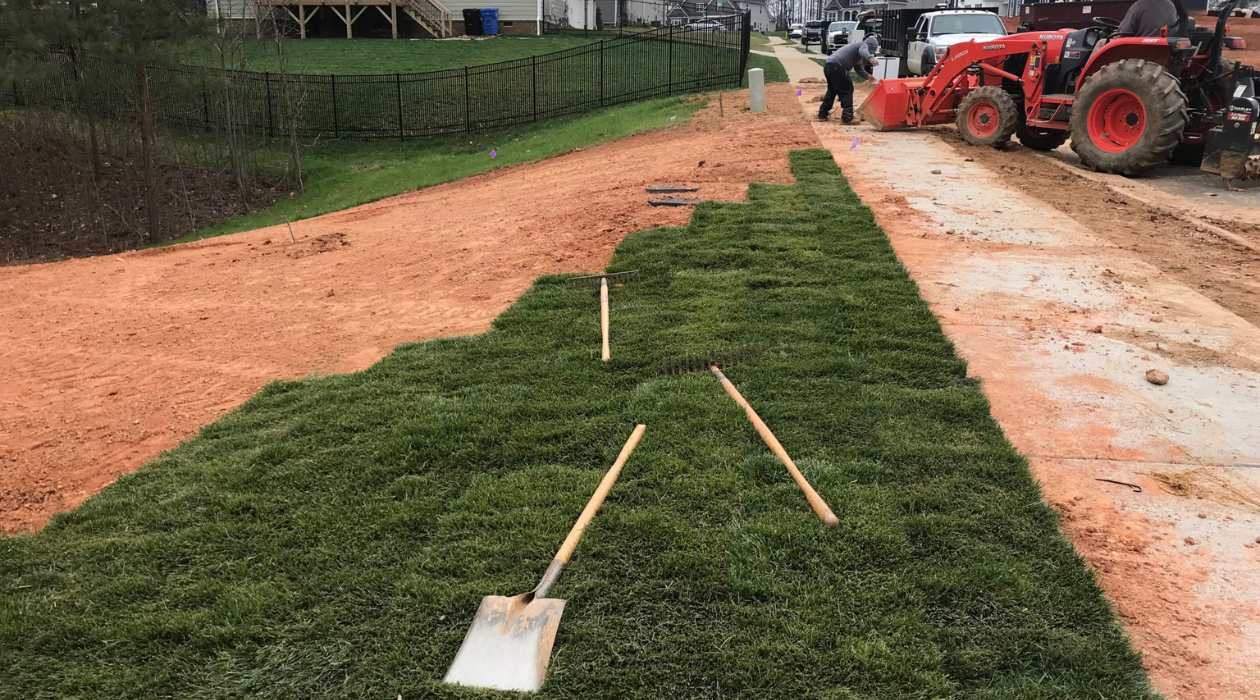
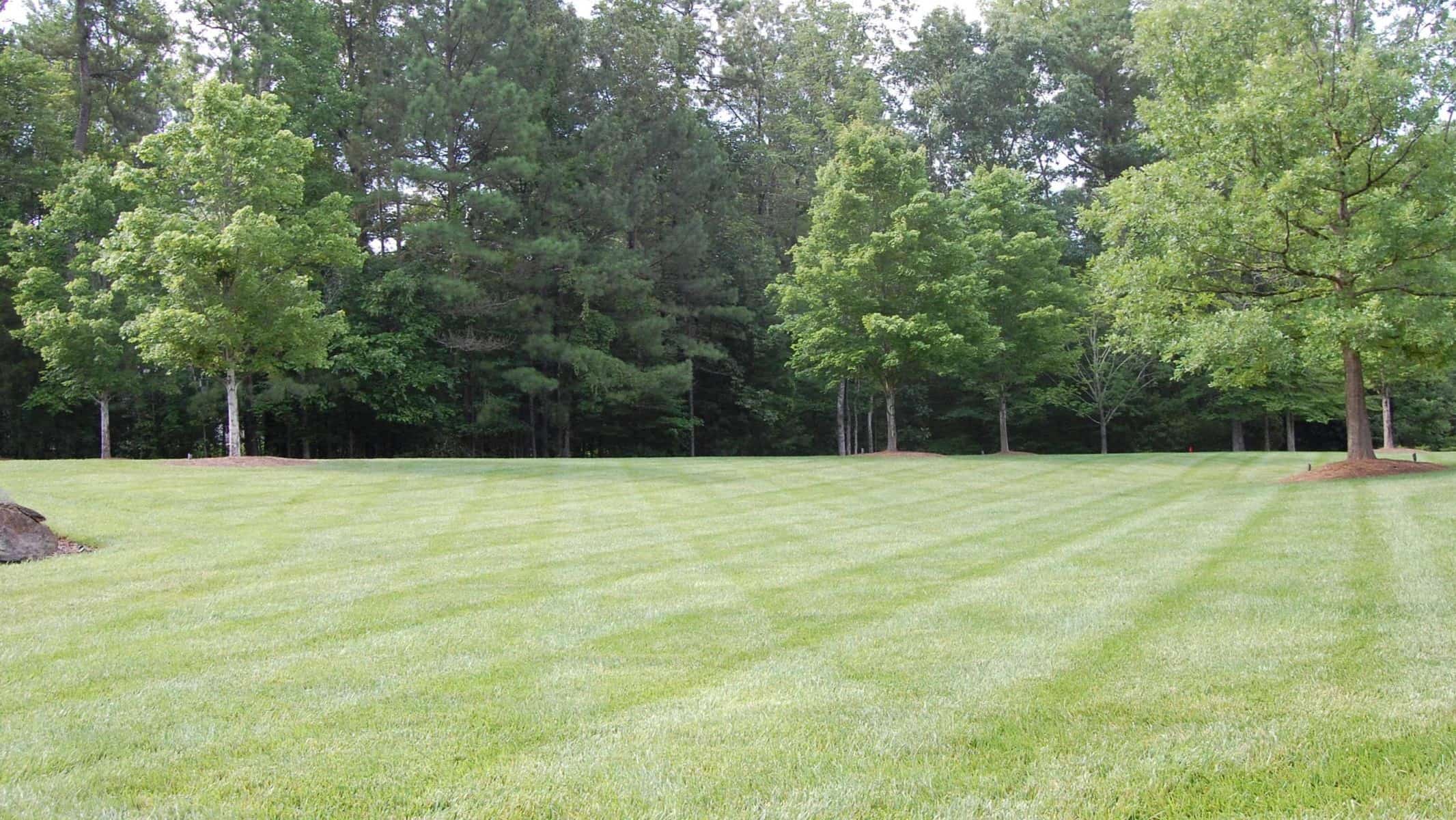
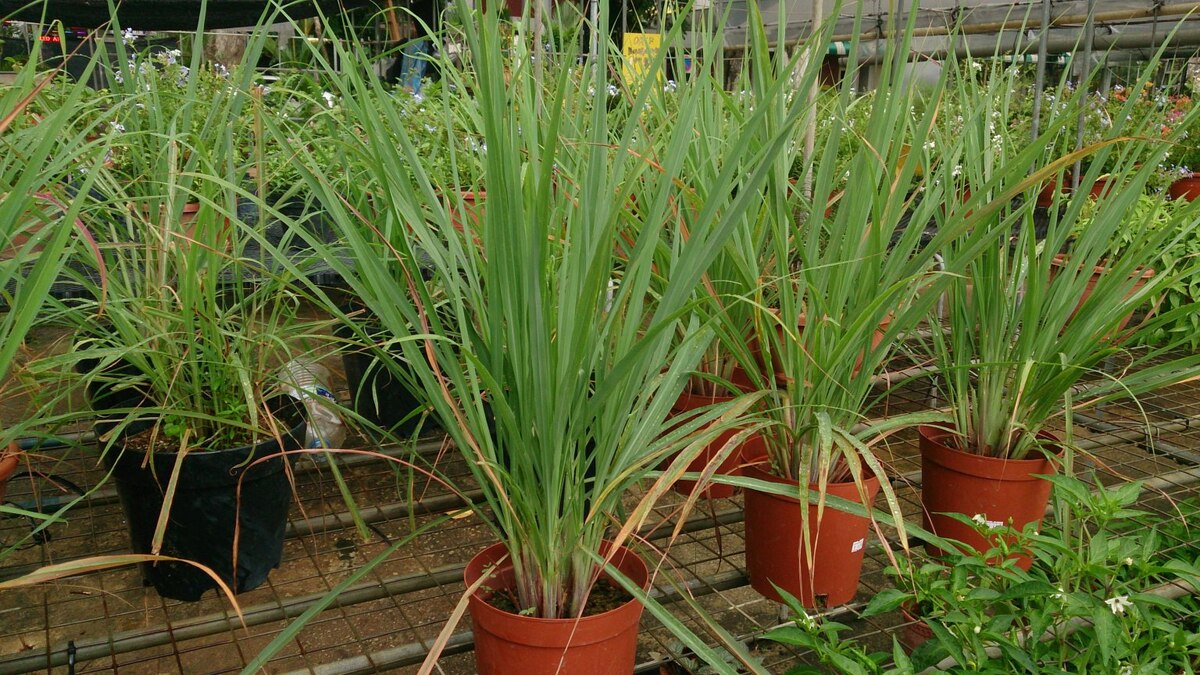
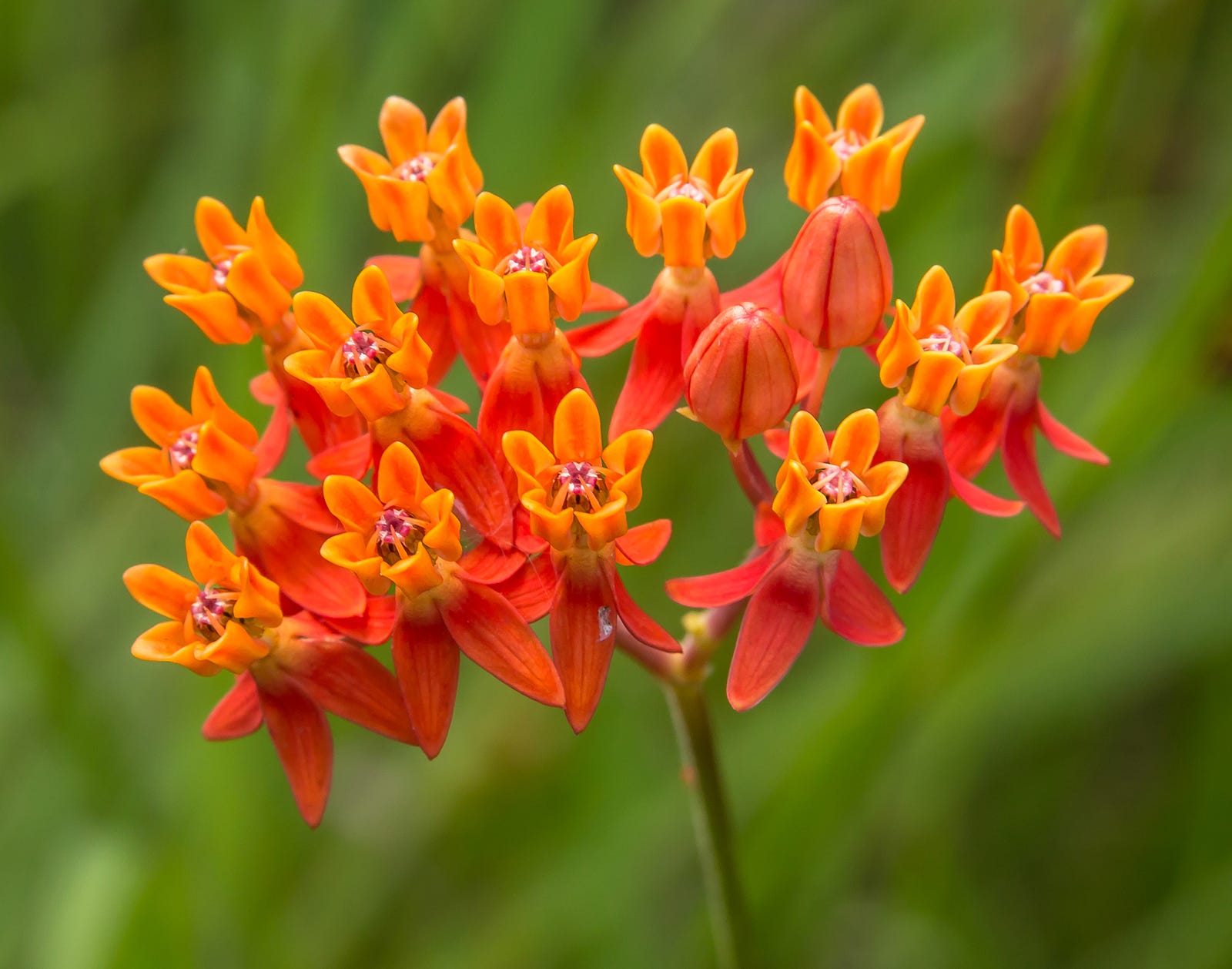
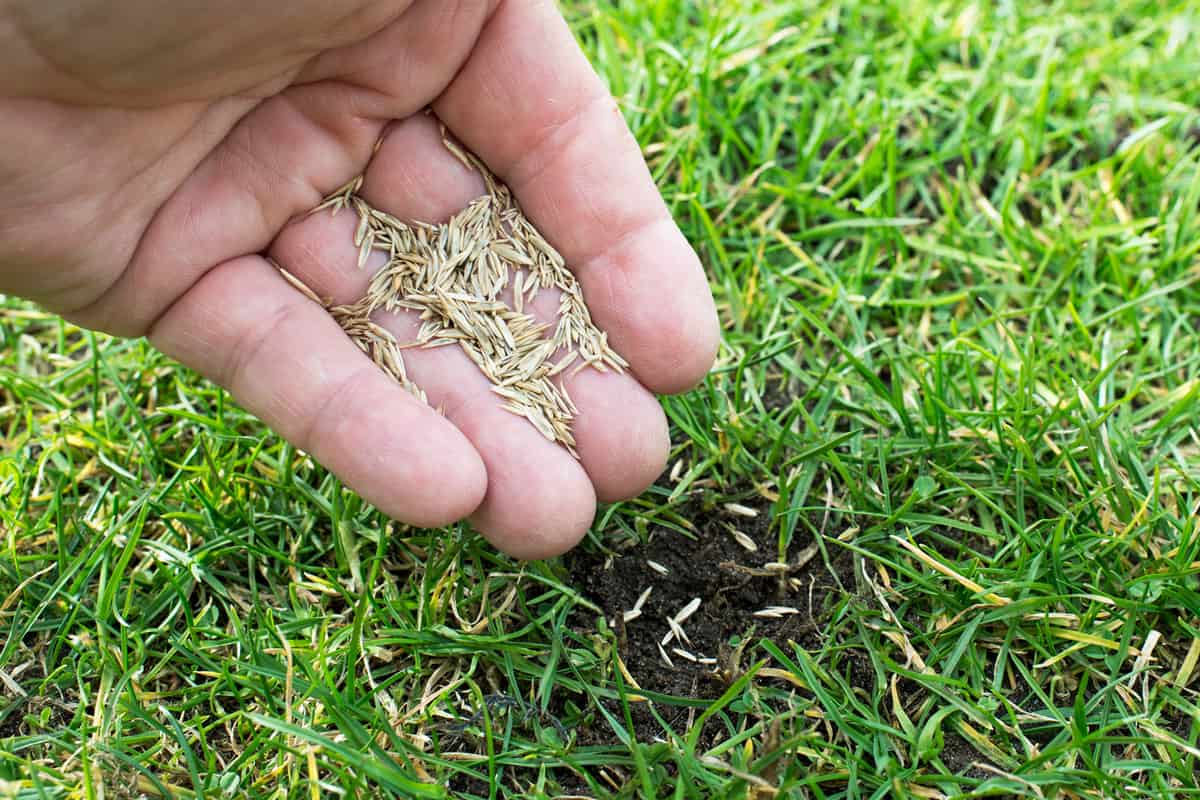


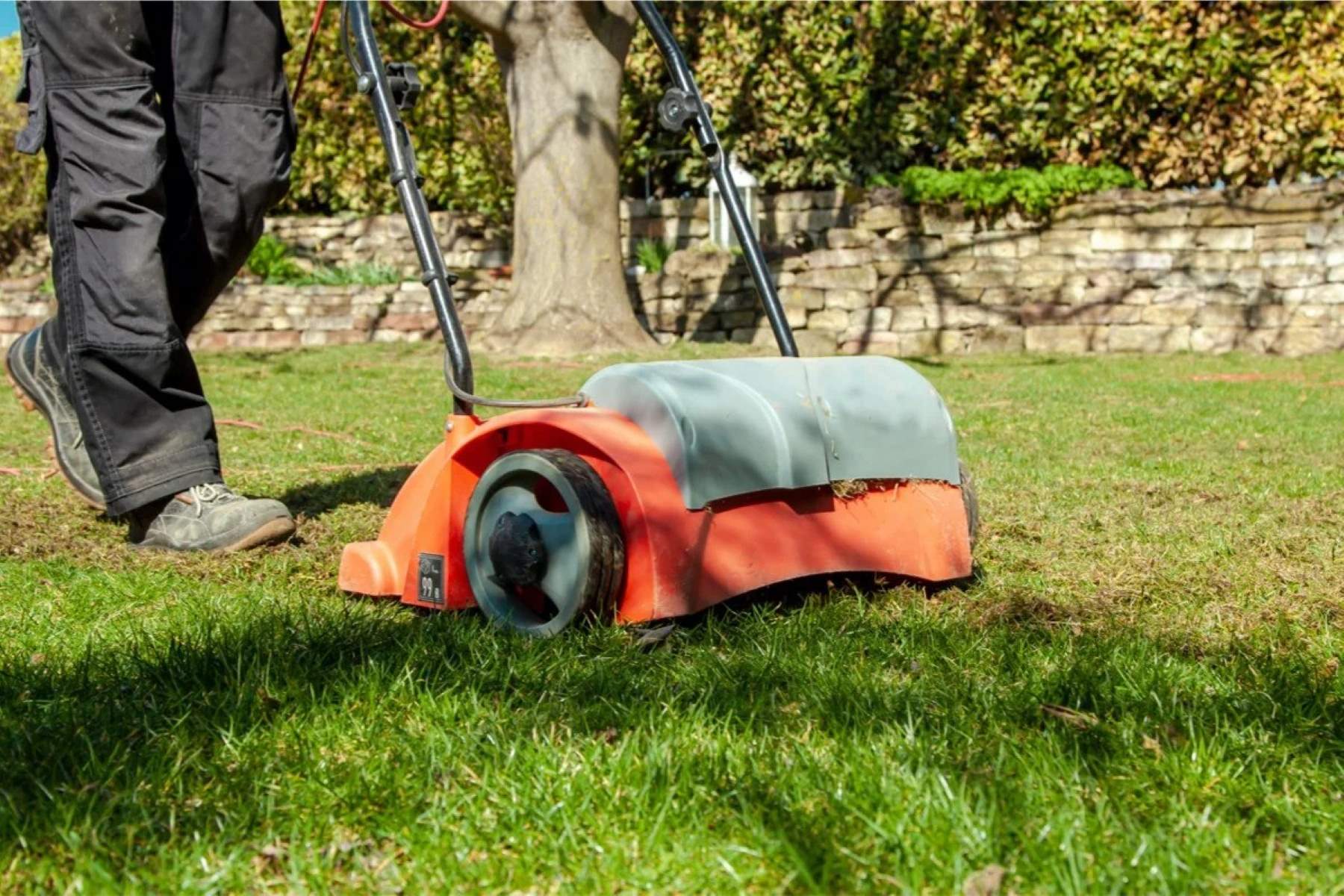

0 thoughts on “When To Plant Bermuda Grass In Georgia: A Seasonal Guide”